Every year more than two billion people menstruate around the globe. Menstruation is a natural process that remains a challenge for millions of women and girls who lack access to affordable menstrual products, clean water and proper sanitation. This deprivation disrupts their daily lives, infringes on their rights, and limits their freedoms.
The problem of period poverty
Period Poverty is defined as the inability to afford menstrual products, sanitation facilities and education about menstrual health that places an immense weight of burden on women and girls. Menstruating women and girls are often viewed as dirty or impure, facing restrictions on movement and access to communal spaces. Myths persist, such as menstruating women spoiling food by touching it or being forbidden from entering places of worship.
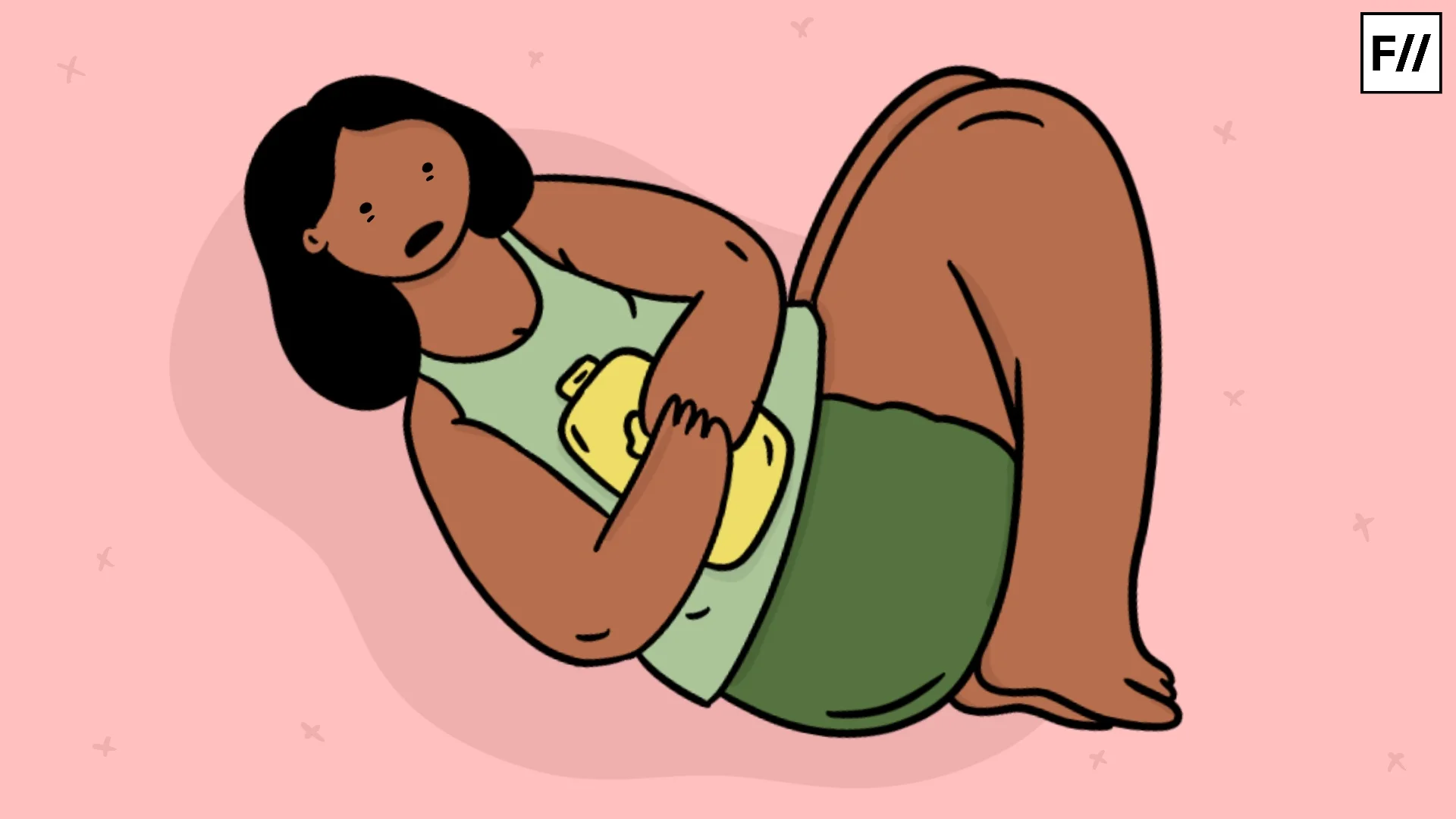
The stigma surrounding menstruation is pervasive, leading to misinformation and a lack of open dialogue about menstrual health. According to a study, approximately 62% of young women use old clothes as their primary means of protection during menstruation, which may increase the risk of reproductive tract infections due to inadequate hygiene but also perpetuates feelings of shame and isolation.
‘I was never taught about periods; I just had to figure it out myself,’ said Valeria Jaichaudhary, aged 24, a student from Kolkata, depicting the gap in education.
Despite significant advancements in recent years, many women continue to face barriers that hinder their ability to manage menstruation safely and with dignity.
Despite significant advancements in recent years, many women continue to face barriers that hinder their ability to manage menstruation safely and with dignity. According to the National Family Health Survey (NFHS-5), only 73% of rural women aged 15 to 24 use hygienic methods of menstrual protection, a stark contrast to 89% in urban areas. This disparity highlights the ongoing challenge of period poverty, which affects an estimated 33 crore menstruating women in India.
Breaking the cycle of shame
In a country like India where conversations around menstruation are often hushed, a fresh wave of social enterprises is on a growing trend. India has seen a rise in social enterprises that work as a grassroots initiative to tackle menstrual health through education, sustainability and empowerment. ‘We recognise that this is about more than health‘, says Advaitesha Birla, founder of Ujaas, an initiative working to eradicate period poverty in India and empower people who menstruate with menstrual health knowledge.
‘It is about giving women the tools, recognition, and opportunities that they deserve to become leaders in their communities‘, says Birla. Ujaas not only focuses on eradicating period poverty but also focuses on empowering women through employment in the production of reusable cloth pads. Women from Self-Help Groups receive training in tailoring, pad production, financial literacy and social marketing.
‘Skill development goes beyond technical expertise‘, says Steffi Fernando, Senior Manager at Ujaas. The impact is profound as women earn stable incomes, gain financial independence and contribute to their households and local economies. In many cases, their economic contributions challenge traditional roles of gender. The ripple effects are visible in the communities as incomes from these initiatives circulate locally which supports other businesses. Moreover, as women become breadwinners, there is a notable shift in the roles within their families that promote greater equality and inclusion.
‘Through networks like SHGs and CLFs, these women gain access to broader markets, expanding their earning potential‘, says Fernando. This not only boosts their income but also gives them a platform to showcase their entrepreneurial skills and assert their economic independence. This leads to a broader economic empowerment as it helps improve financial stability and also contributes to their families’ well being. Increased visibility in the business community can lead to a greater social recognition and respect for women entrepreneurs. As women become economically empowered, they can reinvest their earnings in their communities leading to an overall development.
The reusable cloth pads are crafted from skin-friendly cotton fabrics that offer a sustainable and healthier alternative to disposable products. Enterprises like Ujaas manufacture locally to reduce transportation emissions, lower production costs and support local economies. ‘We optimise raw material used to minimise waste and ensure affordability without compromising quality‘, they say. Women involved in production and sales gain skills in entrepreneurship and market access, allowing them to expand their earning potential. Over time, many women become advocates for period health. Increased incomes translate into improved healthcare, better educational opportunities for their children and enhanced financial stability.
‘In the past year and a half, we’ve seen women transform,’ says Fernando. ‘They’ve gained the confidence to address societal taboos, make independent decisions, and manage their own health and hygiene.‘

Significant challenges are faced by enterprises like Ujaas. The taboos surrounding menstruation remain a formidable barrier and are deeply ingrained. ‘Convincing communities to accept reusable products is challenging when myths about menstruation are so pervasive‘, they say. Such enterprises need to ensure consistent quality in production and require ongoing training and quality control particularly as women from diverse skill levels join the initiative. Through education, community engagement and strategic communication, enterprises continue to chip away at these obstacles. ‘Menstrual health isn’t just a private issue- it’s a societal one‘, says Birla. ‘When women are empowered, entire nations prosper.’
‘Training women with varying skill levels to maintain consistent quality in production can be demanding,’ Fernando explains.
Another challenge involves maintaining consistent product quality. ‘Training women with varying skill levels to maintain consistent quality in production can be demanding,’ Fernando explains.
A report by the Ministry of Health and Family Welfare, talks about the absence of adequate sanitation facilities particularly toilets in many areas that lead to improper disposal of period wastes. People menstruating often face significant challenges managing their menstrual hygiene due to a lack of privacy and safe disposal options. This lack of access to proper sanitation facilities and the linked stigma contributes to poor menstrual hygiene practices which can have negative impacts on women’s health and well being.
Marketing reusable cloth pads in a market dominated by disposable alternatives adds another layer of complexity. ‘Convincing consumers to switch to a sustainable product requires building trust,‘ Fernando says. The team works to dispel myths about reusable pads by emphasising their environmental and health benefits, backed by strategic outreach and effective communication.
The way ahead
To address the challenges of menstrual health in India, it is essential to implement comprehensive educational programs in schools and communities to demystify menstruation and promote healthy practices. Ensuring affordable access to various period products, particularly in rural areas, is crucial, along with investing in clean sanitation facilities in schools and public spaces. Encouraging community-led initiatives can help open discussions to break down taboos while advocating for policies that prioritise menstrual health as a vital component of public health will ensure sustained funding and attention at all levels of government.
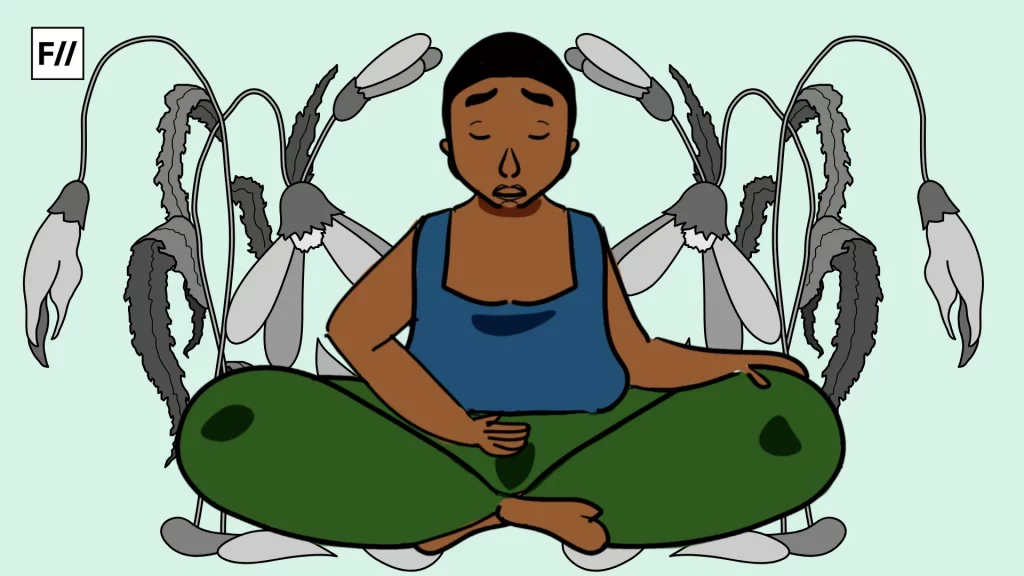
The focus on menstrual health must shift towards creating an environment where menstruation is normalised rather than stigmatised. Moreover, addressing the infrastructural gaps in schools and public facilities is crucial. Many schools lack clean toilets or private spaces for girls to manage their periods safely, which directly impacts school attendance and retention rates among adolescent girls. Policy interventions that promote menstrual health education and providing tax exemptions on menstrual products or by subsidising/ providing free products in public institutions can help truly break the silence. Open conversations about menstruation and challenging the societal taboos will help promote positive attitudes towards menstrual health.
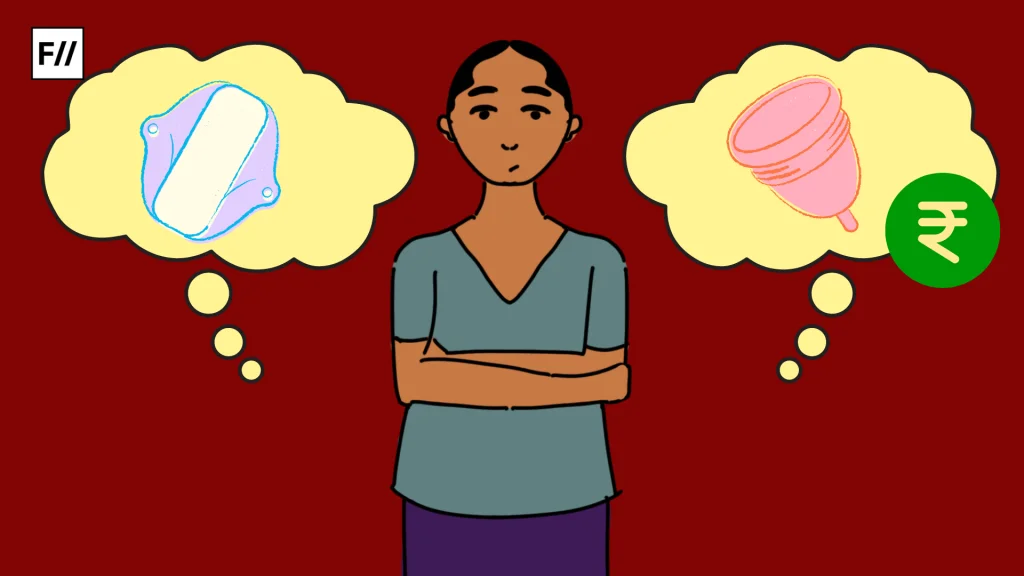
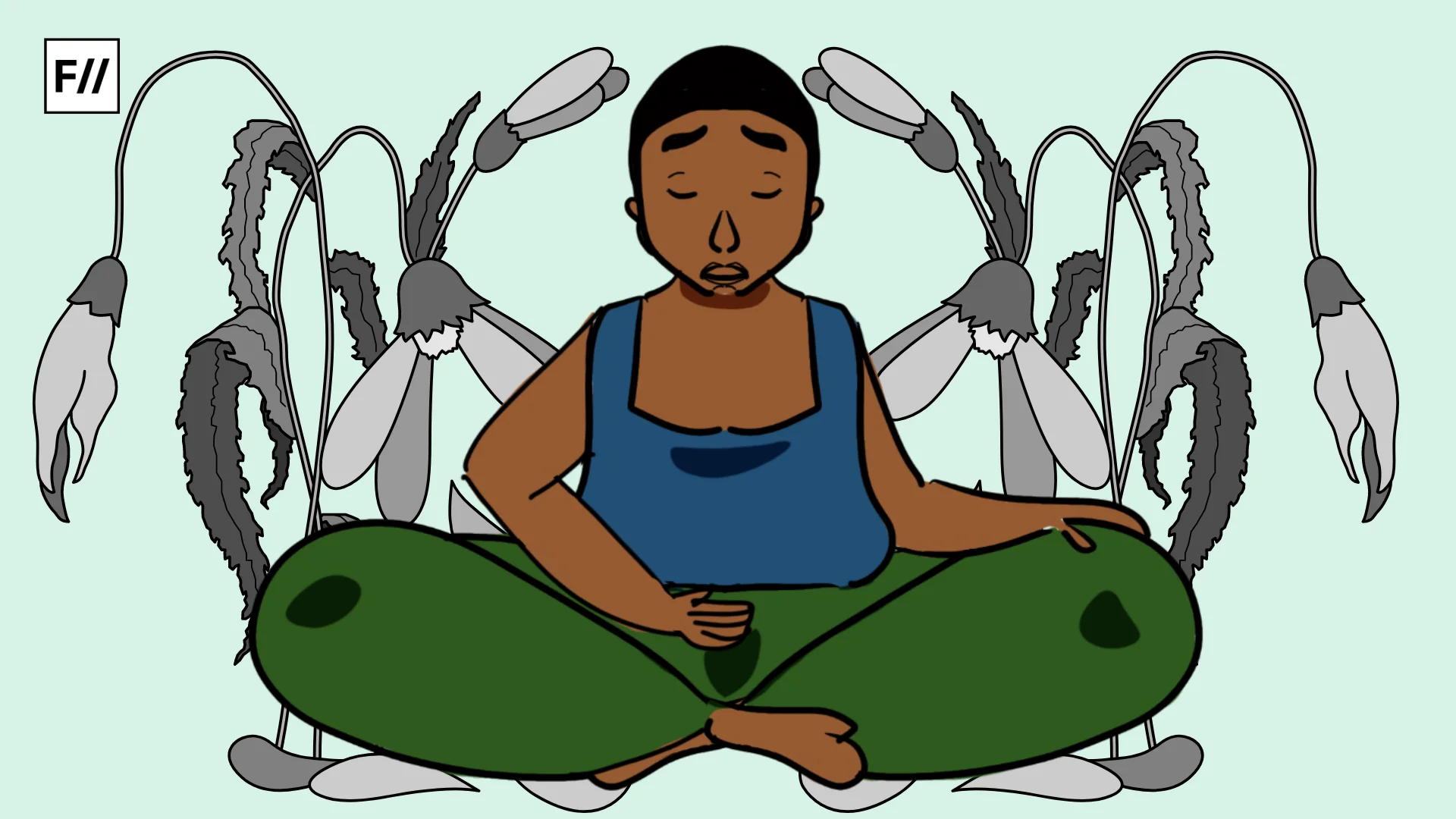

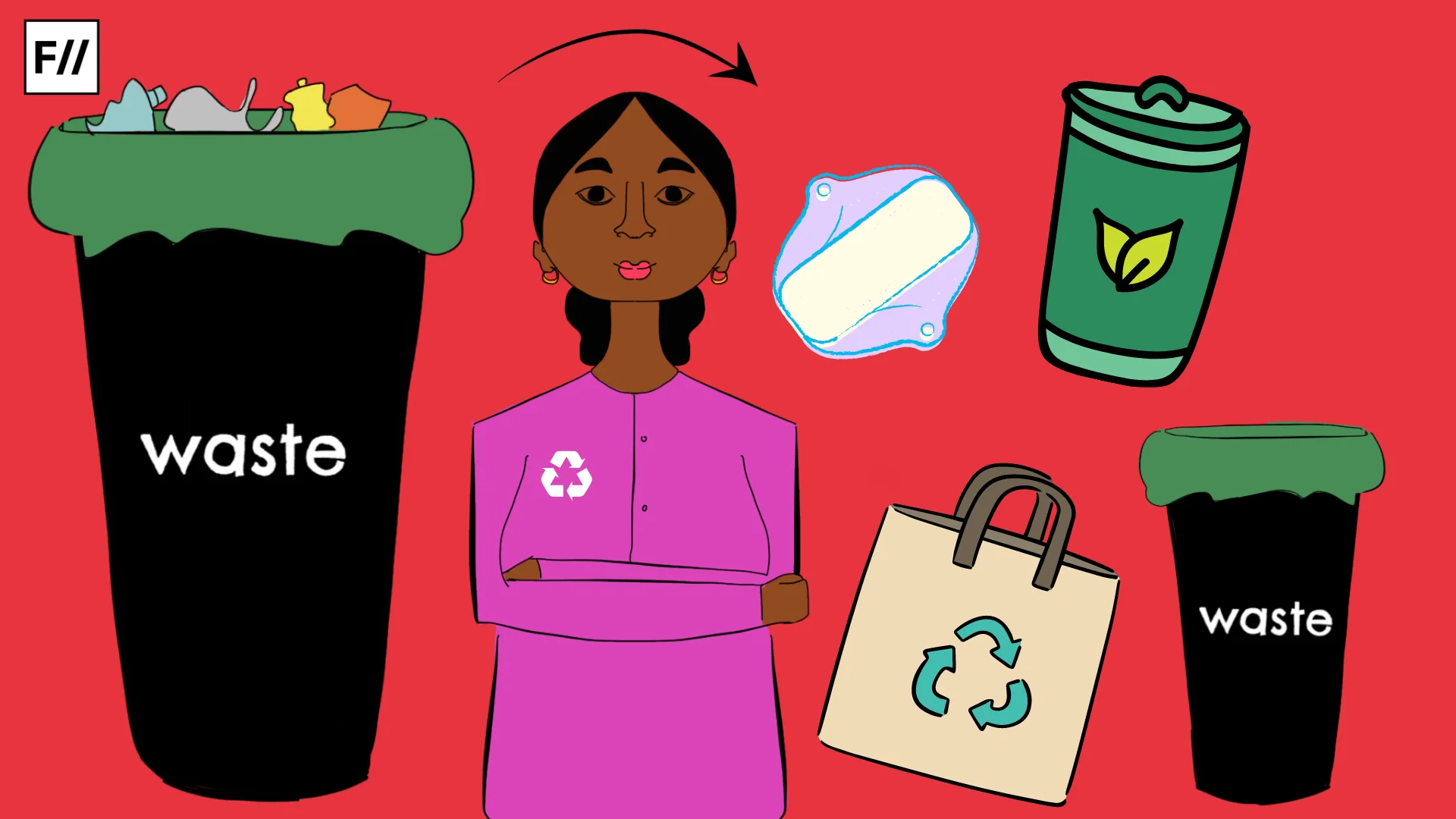

There is utmost need to make reforms in societal attitudes and public policies tailored for women. Destigmisation is linked to development of society holistically, indeed of the nation as a whole. This article capacitates all to understand the complex issue nurturing in our society for no reason,hence it should be brought amongst all so that we collectively train ourself and make women perform better wherever they go.